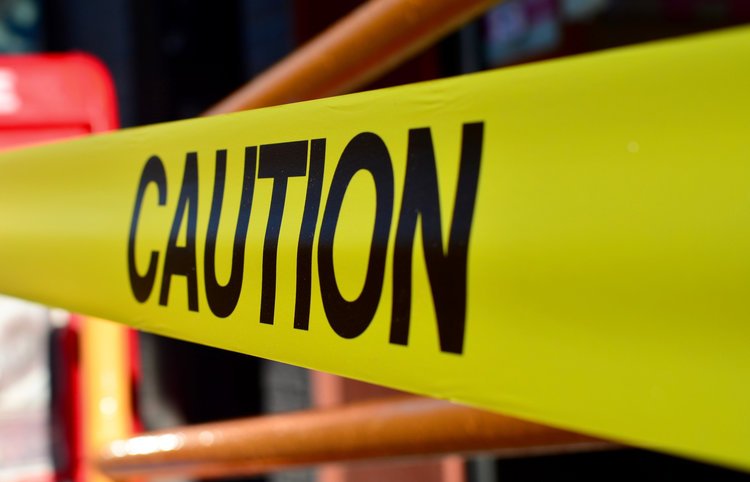Are energy drinks recommended for teens? (Image source: iStock)
A. No. Energy drinks are not recommended for teens or children. Energy drinks are those drinks that combine a caffeine plus a variety of vitamins, minerals, amino acids, and herbs (ginseng, guarana, etc.). The combination of the caffeine plus the additives, along with a potentially large volume of consumption is a recipe for disaster.
From a sports dietitian perspective, Molly Morgan, recommends all athletes, including teens, regardless of health and fitness level, should avoid energy drinks before, during, and after strenuous activities. There have been alleged deaths due to energy drink consumption when consumed before and/or during strenuous activity.
Caffeine is not recommended for children (under 12 years of age) and is recommended in amount less than what energy drinks have for teens. While caffeine a primary concern, it is also the additional added vitamins, minerals, amino acids, and herbs that have not been tested in combination for safety or for their safety in children and teens.
How much caffeine is safe? The American Academy of Pediatrics recommends children under 12 years of age should not consume caffeine and healthy teens (up to age 19) are recommended to limit caffeine intake to 100 mg per day or less.
As for healthy adults, the daily max is recommended to be 400 mg per day. Women who are pregnant or breastfeeding are recommended to limit caffeine to 200 mg per day or less.
For teens looking to boost energy for workouts, try these tips:
Arrive to games and practices hydrated
Have routine meals and snacks to provide a solid foundation of fuel that will provide the nutrients your body needs to perform at its peak,
Get adequate sleep each night
References:
Higgins, et al. Energy Drinks: A Contemporary Issues Paper. Current Sports Medicine Reports. February 2018.
American College of Sports Medicine, News Release, May 2018
https://www.newswise.com/articles/acsm-announces-new-recommendations-and-warnings-regarding-safety-of-energy-drinks



